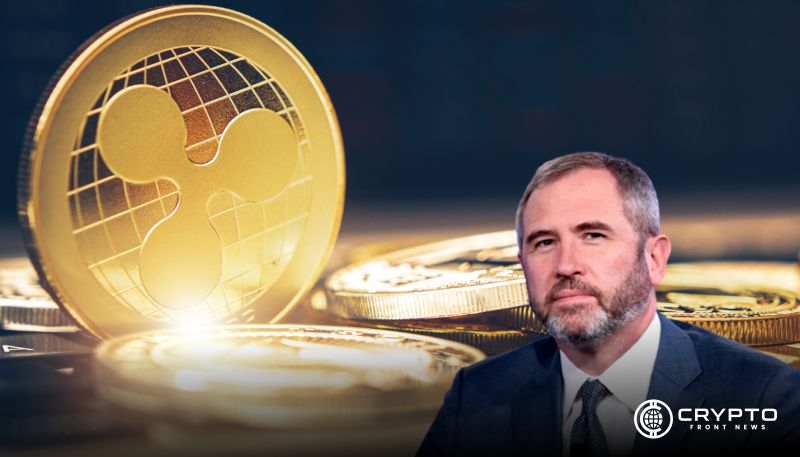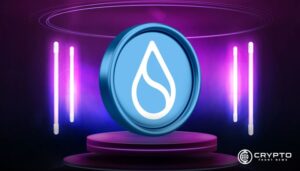- Ripple CTO clarified that XRP’s decentralization stems from its token creation model and lack of a central issuer.
- The U.S. government’s inclusion of XRP in its reserve revived public scrutiny over blockchain network qualifications.
- Conor McGregor’s interest in blockchain prompted direct conversations on decentralization and government-backed crypto selection.
Ripple CTO David Schwartz has addressed long-standing concerns regarding the decentralization of XRP and the XRP Ledger. The reply comes after UFC champion Conor McGregor on Tuesday tweeted about whether XRP, ADA, and Solana will be included in the U.S. crypto reserve if they are not fully decentralized, like Bitcoin or Ethereum.
Schwartz Clarifies XRP’s Unique Structure
David Schwartz explained that, unlike most blockchain networks, the XRP Ledger had all of its tokens created at inception. He emphasized that the ledger does not involve an issuer, and anyone can participate freely in the ecosystem. Schwartz stated that XRP does not have rivalrous features that restrict participation or influence, setting it apart from traditional crypto models.
Ripple’s Role From the XRP Ledger
On Ripple’s impact on the XRP ledger, Schwartz pointed out that Ripple CEO Brad Garlinghouse’s role does not tend to compromise the decentralization of the Blockchain. Ripple underlined the difference between the company as a whole and the XRPL network, saying that it is not a company that controls decisions of the ledger.
After Conor McGregor recently revealed his plans to delve deeper into blockchain networks, he helped reignite the decentralization debate. After these, he asked to find out why only Bitcoin and Ethereum are perceived as decentralized assets. It comes after he met with El Salvador’s President Nayib Bukele to discuss creating an Irish Bitcoin reserve.
Cryptos Such as XRP Are Studied as a Possible US Strategic Reserve
Earlier this year, the U.S. government said it would build out a strategic reserve of digital assets. Only Bitcoin and Ethereum were listed initially. Yet, in the follow-up report, the XRP, Solana, and Cardano also found mention. In turn, this unexpected move created a lot of new discussions about this being the decentralization and utility of these networks.
After all, McGregor’s public involvement has only increased attention for the U.S. government’s digital asset policies. These are broader questions he has posed about the crypto community and policymakers alike, asking what constitutes decentralization and how those principles might inform a nation’s crypto strategy.






